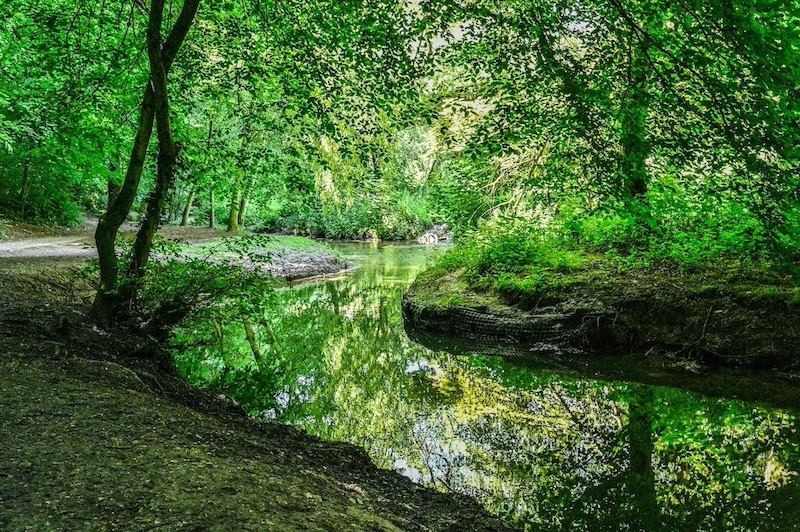“Please come and join us for dinner tonight, that’s my home down there” Sangay pointed out a traditional house next to the chorten (stupa) about 300 meters away from our campsite. He further added: “My mother would be very happy to welcome you and she is a great cook.”
It was simply unbelievable to me. We had met Sangay Nidup about an hour ago while he was on the way home after his school. He was a 6th-grade student with fairly good English and a great ability to connect with people. While we were pitching the tent on the last day of the Haa Valley Trek in Talung village, a few students stopped by our camp side and Sangay was undoubtedly the leader who mustered up the courage to communicate with totally strange trekkers; and he came back with an invitation to enjoy Bhutanese delicacies.

My friend Binod and I discussed taking up Sangay’s offer however, we were a bit hesitant as our trekking crew had already prepared the dinner. We had planned for an early dinner as we had a long day crossing Saga-la Pass (3,500 m). However, respecting the invite of our new found friend, we decided to pay a visit to his home just to thank and politely decline the dinner invite. In no time, we were following Sangay who said how much he loved Maths and English subjects. Aparatenly, his maths teacher was a Nepali speaking Bhutanese hence he took no time to connect with us.
Sangay seemed to have a very happy family with 3 siblings and parents. Though his parents did not speak English or Nepali, spoken language did not become a barrier. We could feel the genuine hospitality shown by the villagers who had witnessed a devastating earthquake 3 months ago in September 2011. Most of the houses had visible damages from the earthquake and only a few were being rebuilt. Despite the visible suffering and pain, the family was very happy to welcome us to their house and even offered us a hot cup of tea.

The kind gesture shown by Sangay’s family became the topic of our conversation at the dinner table that night. Needless to say, ‘Atithi Devo Bhava’ has been Himalayan mantra that has become a norm in Indian sub-continent. It’s literary meaning is ‘Guest is God’.
Next morning was a bright day and I couldn’t stop clicking a few shots at dawn. There, I saw an old man carrying an infant at his back in the distance. Interestingly the gentleman walked towards our camp.
To our surprise he spoke fluent Nepali and asked if we were from Nepal. In Bhutan there are two dozen languages, all members of the Tibeto-Burman language family except Nepali, Indo-Aryan language, is spoken in the southern part of Bhutan. It was pleasant to hear the old man speaking fluent Nepali and it was quite astonishing when we saw how full of life he was. He revealed that he worked in the southern part of Bhutan as a carpenter and his name was Sonam. Language connected us this time and we ended up with another invitation to visit his home. We couldn’t say no to his invite so we simply followed him like good pupils. His house was also damaged by the earthquake and he was living in a makeshift shed. He had 3 daughters who were married to traders. Their husbands were in the northern part of Bhutan doing trade with Tibet.
Sonam served us with a big tea cup and a boiled egg while we were talking on various topics including the local life and rebuilding works. He had some concerns about how the local politicians were leading the restoration works, but he didn’t complain. He would laugh out loud once in a while despite all his challenges and sufferings. We spent about 20 minutes in the makeshift house, and his stories reflected and influenced admirable life lessons which were totally free and genuine as opposed to the trending self-help gurus.
While we were driving to Paro after the trek, I couldn’t stop pondering about my interaction with Sangay and Sonam; I could only assume that the reason why Bhutan is known as the country of Gross National Happiness just because they simply are oblivious about ‘unhappiness’. When one does not crave for happiness, happiness comes out naturally. Buddha taught the profound insight 2,500 years ago, Sangay & Sonam are still teaching in Bhutan without saying a word!













